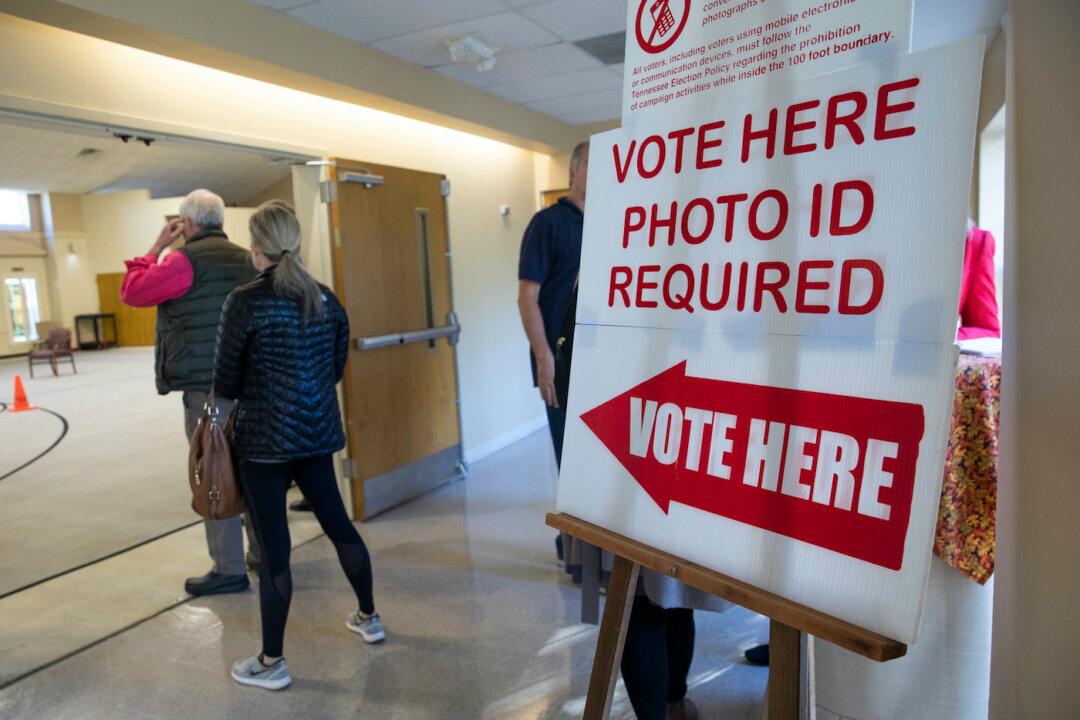Nebraskans will be asked to make their state the 22nd to require valid photo identification to vote when they go to the polls on Nov. 8, one of four election integrity measures on ballots nationwide this fall.
Nebraska’s Initiative 432 and Arizona’s Proposition 309 seek to incorporate more stringent ID requirements into state election laws. Proposed measures in Ohio and Louisiana would ban municipalities from allowing noncitizens to vote in local elections.





